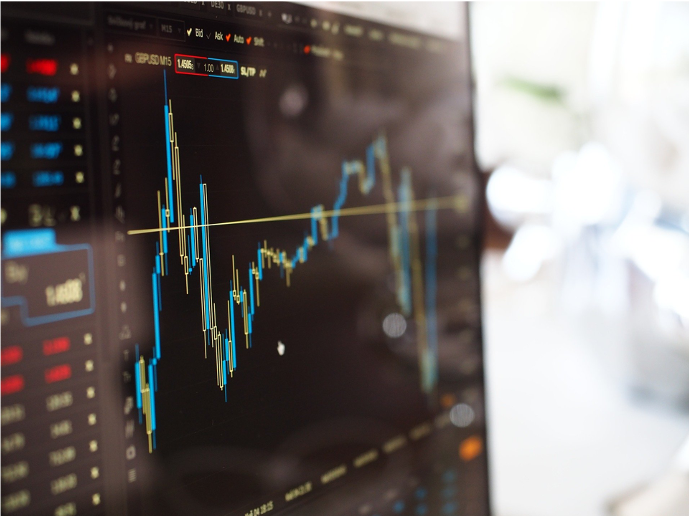Covid-19 Prompts Buyback Backlash
12 April 2020 | Admin

With buybacks switching off, issuers may need to find new ways to drive valuation
Who is the biggest investor on earth, in terms of equities purchased every year? One of the large sovereign wealth funds, perhaps? BlackRock? Vanguard? Berkshire Hathaway?
The answer is: none of the above. The world’s largest buyers of equities are the companies that issue the shares themselves, and the ‘investment’ comes in the form of share buybacks and repurchase programs. Using their own cashflow and reinvestments, as well as a mountain of low-cost debt, in 2018 and 2019 in the US alone companies acquired around $1.5 tn of their own stock.
Listed firms around the world have been buying their own shares on an increasingly massive scale since the financial crisis. Apple, to take just one example, on average repurchased nearly $20 bn of its own stock each quarter in 2019. Now, however, this massive recycling of capital seems to have hit a coronavirus-shaped brick wall.
With collapsing revenues and no clear way out of the slump, companies have been urged to suspend buybacks, along with dividends, in addition to the cost cuts already planned. The US government’s $2 tn spending package to mitigate the economic damage of the pandemic bans companies that take a government loan from paying a dividend or conducting share buybacks for 12 months after the debt is repaid.
The buyback backlash is not just happening in the US, either: Europe’s banking regulator has demanded that all EU lenders stop their planned dividend payments and share buybacks. The UK’s banks were compelled to suspend dividends and buybacks by their regulator. Oil majors have suspended their planned buyback programs, as they rush to conserve cash amid the oil price slump. The Systemic Risk Council, a group of former regulators and legislators, has urged all global systemically important banks to suspend discretionary bonuses and dividends, as well as share buybacks.
It is likely that investors will have to get used to living without this previously stable and reliable support mechanism. Not only are companies struggling to preserve cash as revenues disappear, but the buyback backlash has also made this use of capital socially unacceptable, as governments and society struggle to cope with the ongoing nightmare of Covid-19.
Companies that continue to buy their own shares are being painted as reckless or greedy or both. Returning money to shareholders when the world is in upheaval betrays a moral vacuum. And most corporates are falling in line with these demands. Some dividends are being preserved, but time is running out for buyback programs, it would seem.
This leaves market analysts to look into the future and try to figure out what the world will look like without buybacks. Some are gloomy: removing the role played by buybacks in bolstering valuations will result in lower valuations for all, say some. Others point to the increased role played by governments in the capital markets, and predict this intervention will linger, hampering future buybacks and acting as a drag on growth.
Whatever the outcome, it is likely that issuer, government and regulator appetite for returning money to shareholders via buybacks will be diminished – which will leave issuers having to recycle capital and drive valuation in new ways. With investor demand for ESG compliance likely to be undiminished by the pandemic, and companies no longer able to reward shareholders with buybacks, new ways will have to be found to drive value and relevance.
Research and development budgets may soar, appetite for mergers and acquisitions may increase, corporate transformation through technology investment may become realistic and investment to deliver cleaner energy may become more achievable. More focus and investment might be paid to achieving ESG targets, leading to a more benign form of capitalism than we have known for decades, and delivering real progress on the sustainable development goals that so many have signed up to.
We may not be witnessing the death of the share buyback, but we might be watching it diminish to irrelevance. And it could be replaced by a new way of rewarding shareholders, stakeholders, society and the world.
The buyback backlash might last for a long, long time, and could mark the rethink of a whole new capital markets model.
This article originally appeared in IR Magazine (Link)